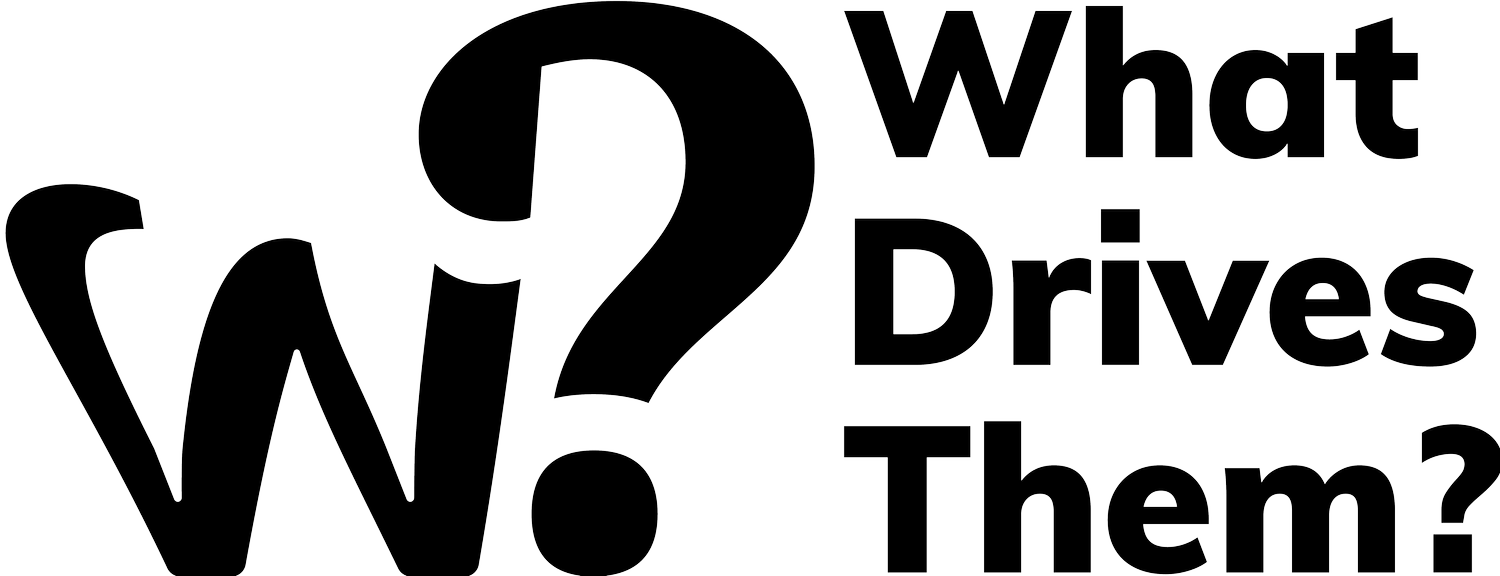How to make focus groups work!
In the bustling world of UX design, service design, and product ownership, understanding your users is key. It's the secret sauce to creating experiences that truly resonate.
But how do you tap into the minds of your users? How do you uncover their needs, their desires, their pain points?
Enter focus groups. These interactive discussions can provide a wealth of insights into consumer behavior. They can help you see your product or service through the eyes of your users.
But like any tool, focus groups have their pros and cons. They can offer deep insights, but they also come with their own set of challenges.
In this article, we'll delve into the world of focus groups. We'll explore their advantages, their disadvantages, and how to make them work for you.
Whether you're a seasoned professional or a newbie in the field, this guide will equip you with the knowledge to leverage focus groups effectively.
Understanding Focus Groups
Before we dive into the pros and cons, let's first understand what focus groups are. They're more than just a gathering of people having a chat.
Focus groups are a form of qualitative research where a group of people are asked about their perceptions, opinions, beliefs, and attitudes towards a product, service, concept, advertisement, idea, or packaging.
What is a Focus Group?
In a focus group, participants are selected based on their relevance and relationship to the topic under study. They're led by a trained moderator who guides the discussion using a structured guide.
The group setting encourages participants to share their views openly, providing a rich source of qualitative data.
The Purpose of Focus Groups in Market Research
Focus groups serve a vital role in market research. They help uncover trends in thought and experience, and delve into the why and how of consumer behavior.
They're particularly useful in the early stages of product or concept development, where they can provide valuable feedback and insights.
Pros of Focus Groups
Focus groups have several advantages that make them a popular choice in market research. Let's explore some of these benefits.
In-Depth Insights and Emotional Reactions
One of the key advantages of focus groups is their ability to provide in-depth insights. They allow researchers to probe deeper into consumer attitudes and behaviors.
Focus groups also uncover emotional and subconscious reactions. Participants can express feelings and thoughts that might not surface in a survey or interview.
Dynamic Group Interactions
The interactive nature of focus groups is another plus. The group setting encourages dynamic discussions, with participants bouncing ideas off each other.
This interaction can lead to new insights. It can reveal perspectives that might not have emerged in a one-on-one setting.
Quick Data Collection and Cost-Effectiveness
Focus groups are time-efficient. They allow researchers to gather data from multiple participants at once, speeding up the data collection process.
They're also cost-effective. Compared to other forms of market research, focus groups can provide a wealth of information for a relatively low cost.
In short, focus groups offer a unique blend of depth, dynamism, and efficiency. They can be a valuable tool in your market research arsenal.
Cons of Focus Groups
While focus groups have their advantages, they also come with some drawbacks. It's important to be aware of these to make an informed decision about their use.
Risk of Groupthink and Dominant Personalities
One potential pitfall of focus groups is the risk of groupthink. This occurs when participants conform to the majority opinion, even if they initially held a different view.
Another challenge is the influence of dominant personalities. If one or two participants monopolize the conversation, it can skew the group's overall perspective.
Non-Representative Samples and Qualitative Data Challenges
Focus groups typically involve a small number of participants. This means they may not represent the broader target market.
The data obtained from focus groups is qualitative. While this can provide rich insights, it can also be challenging to quantify and analyze.
Logistical and Ethical Considerations
Organizing focus groups can be logistically challenging. Coordinating schedules, securing a venue, and recruiting participants can be time-consuming.
There are also ethical considerations. These include ensuring privacy, obtaining informed consent, and managing sensitive discussions.
In summary, while focus groups can provide valuable insights, they also have their limitations. It's crucial to weigh these pros and cons when deciding whether to use focus groups in your research strategy.
Making Focus Groups Work for You
Despite the challenges, focus groups can be a powerful tool. The key is knowing how to make them work for you.
Selecting the Right Participants
Choosing the right participants is crucial. They should represent a cross-section of your target market.
This diversity can help ensure a range of perspectives. It can also help avoid groupthink and the influence of dominant personalities.
The Role of a Skilled Moderator
A skilled moderator can guide the discussion effectively. They can encourage participation, manage dominant personalities, and probe for deeper insights.
The moderator's role is also to ensure ethical considerations are met. This includes maintaining privacy and obtaining informed consent.
How to Run a Successful Focus Group
Running a successful focus group requires careful planning and execution. It's not just about gathering people and asking questions.
Planning and Objective Setting
Before you start, set clear objectives. What do you want to learn from the focus group?
Your objectives will guide your discussion and help you stay on track.
Conducting and Analyzing the Focus Group
During the focus group, encourage open and honest discussion. Remember, the goal is to gather insights, not to sell or persuade.
After the session, analyze the data objectively. Look for patterns and insights that can inform your strategy.
Remember, focus groups are just one tool. They should be used in conjunction with other research methods for a comprehensive understanding of your users.
Leveraging Focus Groups in a Competitive Market
In a crowded marketplace, understanding your users is key. Focus groups can provide valuable insights.
They can help you see things from your users' perspective. This can give you a competitive edge.
But remember, focus groups are not a magic bullet. They are just one piece of the puzzle.
Building Empathy and Uncovering Unmet Needs
Focus groups can help you build empathy with your users. You can hear their stories and understand their struggles.
This can help you uncover unmet needs. These insights can drive innovation and growth.
Informing Product Design and Marketing Strategies
The insights from focus groups can inform your product design. They can help you prioritize features and improvements.
They can also inform your marketing strategies. You can understand what messages resonate with your users.
But remember, focus groups are just one tool. They should be used in conjunction with other research methods for a comprehensive understanding of your users.
Conclusion: Balancing the Pros and Cons
Focus groups can be a powerful tool. They can provide deep insights and drive strategic decisions.
But they also have their limitations. It's important to balance the pros and cons, and use them wisely.

